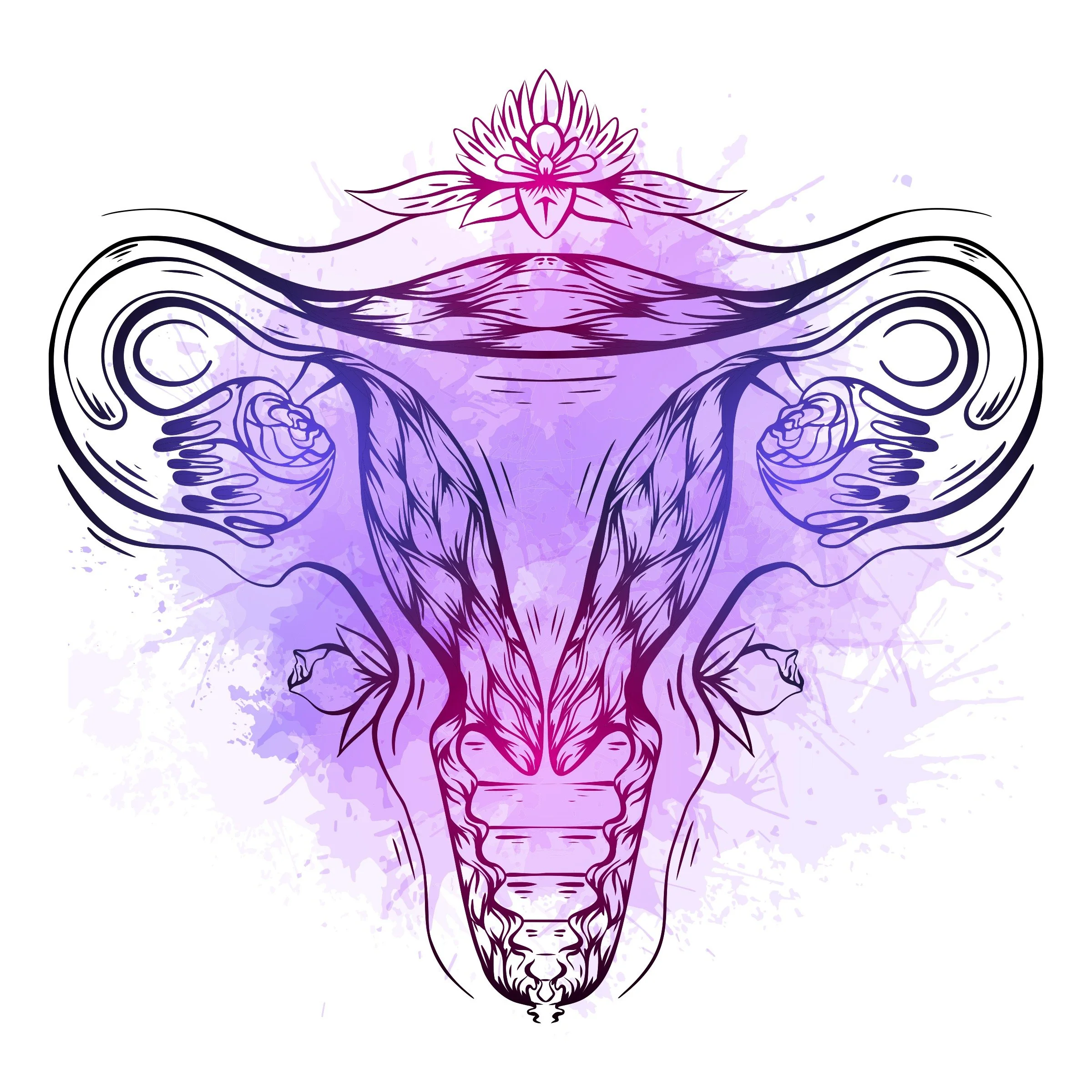Endometriosis: The Obesity Paradox
Navigating the Weight-Endometriosis Paradox
Living with endometriosis is an intimate, often challenging journey that affects millions of women. The condition, characterized by pain and reproductive issues, has long been a subject of medical research and personal struggle. Recently, the discovery of the "obesity paradox" in endometriosis has sparked new conversations, shedding light on the complex relationship between body weight and the condition.
Unveiling the Paradox
The "obesity paradox" presents a puzzling scenario: women who are within a 'normal' BMI range of 20-22 might experience more severe symptoms of endometriosis, particularly chronic pelvic pain. Contrary to what one might expect, those with a higher BMI may have a lower risk of developing this enigmatic condition. This revelation challenges our traditional understanding of health and weight, suggesting that the story of endometriosis and body weight is far more nuanced.
The Role of Nutrition in Endometriosis
At the heart of this paradox is the crucial role of nutrition. Adequate intake of nutrients not only supports overall health but may also play a key role in managing endometriosis. Undernutrition or insufficient calorie intake can exacerbate symptoms and potentially increase the risk of developing the condition. This insight prompts a reevaluation of how diet, particularly practices like fasting or restrictive dieting, impacts those at risk of or suffering from endometriosis.
Questioning Common Diet Practices
In light of the obesity paradox, it's crucial to critically assess common dieting practices. Fasting and restrictive dieting, while beneficial for some health aspects, may not be advisable for everyone, especially those dealing with endometriosis. The key is to find a sustainable eating pattern that supports overall health without aggravating endometriosis symptoms.
The Emotional and Psychological Impact
Endometriosis is more than a physical condition; it also carries significant emotional and psychological weight. The stress of managing symptoms, along with the trial and error of finding the right diet, can be overwhelming. Acknowledging and addressing the mental health aspect of living with endometriosis is crucial in developing a holistic approach to treatment and management.
Personal Stories and Shared Experiences
Many women with endometriosis recount how dietary changes have influenced their symptoms, for better or worse. Personal stories and shared experiences in support groups and forums highlight the diversity of dietary impacts on endometriosis. These narratives often emphasize the importance of a balanced, nutrient-rich diet tailored to individual needs and circumstances.
A Tailored Approach to Wellness
Creating a personalized nutrition plan is essential in managing endometriosis effectively. This plan should consider individual health profiles, dietary preferences, and the specific symptoms of endometriosis. Nutritionists and healthcare providers specializing in endometriosis can offer invaluable guidance, helping to navigate the complexities of diet and its impact on the condition.
Community Support and Shared Knowledge
The journey with endometriosis is often lightened by the support of a community. Online forums, support groups, and social media platforms provide spaces where women can share experiences, advice, and encouragement. These communities are vital in spreading awareness about the obesity paradox and its implications for diet and endometriosis management.
Ongoing Research and Emerging Insights
Scientific research into endometriosis and its relationship with body weight and nutrition is ongoing. Each study and trial brings new insights, helping to refine dietary guidelines and treatment options for those affected. Staying informed about the latest research is crucial for both patients and healthcare providers to ensure the most effective management strategies.
Integrating Mind and Body Wellness
Managing endometriosis requires an integrated approach that considers both mind and body. Practices such as yoga, meditation, and mindfulness can complement dietary strategies, offering holistic benefits and enhancing quality of life. These practices can help manage stress, reduce pain perception, and promote overall well-being.
Looking to the Future
As we uncover more about the obesity paradox and its implications for endometriosis, the potential for more personalized and effective treatment plans becomes apparent. The journey is ongoing, with each woman's path being unique. By embracing a holistic approach to health, considering both the physical and emotional aspects of endometriosis, and staying connected to a supportive community, managing this condition can become a more empowered and hopeful experience.
Navigating the weight-endometriosis paradox is a deeply personal and evolving journey. By understanding the nuanced relationship between body weight, nutrition, and endometriosis, and advocating for personalized, comprehensive care, women can better manage their symptoms and improve their quality of life. The journey is complex, but with the right support and knowledge, it can lead to a path of better health and well-being.

